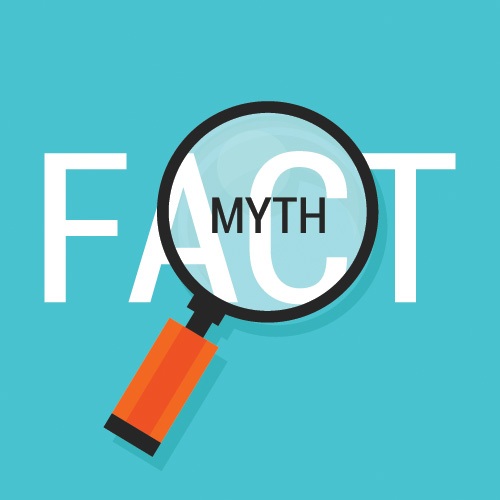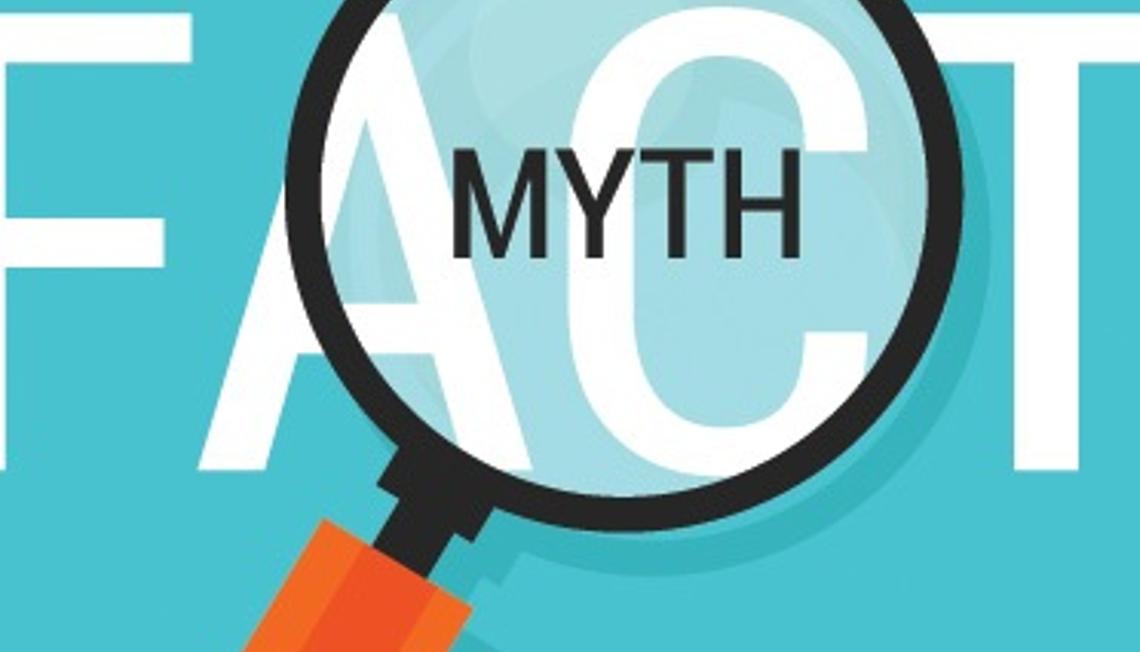
If you follow the news at all, then you’re no doubt aware that mortgage interest rates are at all time lows. You’ve probably also heard about refinancing your mortgage or even asking for mortgage forbearance because of the pandemic. With so many news stories swirling around about mortgages today, it’s tough to know what’s real and what is fiction. Here are some of the most common mortgage myths you’re likely to hear.
Anyone can get a mortgage
While we would love to tell you that everyone today would qualify for a mortgage, it just isn’t true. Since mortgage rates are at record lows, many Americans are applying for them. But because our economy is also in turmoil, lenders have tightened their loan requirements. Some borrowers may need higher credit scores or a larger down payment to qualify. And some lenders are scaling back the kinds of loans that are available, including jumbo loans.
You’re guaranteed a low interest rate
Just because interest rates on home loans at are record lows doesn’t mean everyone qualifies for those rates. Only borrowers with the best credit scores get those extremely low rates (as little as just under three percent these days). Many factors influence your rate including your credit score, the size of your down payment, the kind of loan you’re applying for, and the type of home you are buying.
You don’t need to apply for a loan until you’ve found a home
We’re not sure how this myth gets perpetuated because it’s never true. It’s important that you get pre-approved for a mortgage before you begin your home search. This is even more critical today than it was before the pandemic. With so many buyers in the market, a seller will not take your offer seriously unless you are pre-approved. Getting pre-approved shows you’re a motivated buyer and that you’re likely to qualify for the loan and make it to the closing table.
All current homeowners should refinance
With interest rates so low it makes sense for all homeowners to refinance, right? Unfortunately, that’s not true. Homeowners need to take a look at their own unique circumstances. Those not planning to live in their homes for the next several years shouldn’t refinance, as they won’t see any savings. Remember – you still need to pay fees and closing costs with a refinance. You can expect to pay up to six percent of the loan amount. A refinance may also not make financial sense to those who already have a low rate.
Mortgage forbearance is the same as mortgage forgiveness
Wouldn’t it be great if we could have our home loans forgiven during times of crisis? Sadly, that is not the case. While the CARES Act does allow homeowners to take a break with payments by asking for forbearance, it doesn’t mean the loan is forgiven. It just gives you the opportunity to not make a few payments without having any negative consequences. You won’t be charged any fees nor will you get reported to the credit bureaus for missed payments. But you will need to pay that money sometime in the future, either as a lump sum when your forbearance ends or at the back end of you loan.




